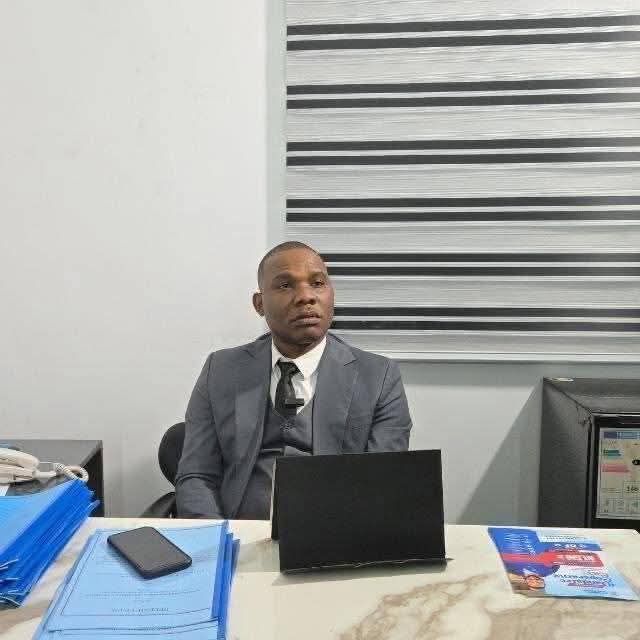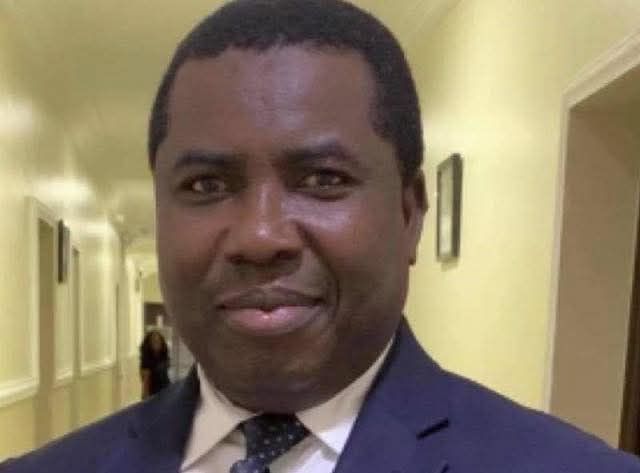The Cybercrimes (Prohibition, Prevention, etc.) Act 2025 has been officially passed into law by the National Assembly, under the leadership of Senate President Godswill Akpabio. This enactment means every provision within the extensive legislation is now fully binding and enforceable across the nation.
READ: Jesus is Lord’: Passengers Pray as Train Derails in Abuja-Kaduna Forest (Video)
For every Nigerian online—from casual social media users and content creators to the administrators of digital platforms on WhatsApp, Facebook, Telegram, and beyond—understanding this law is no longer optional. The legal principle that “ignorance of the law is no excuse” now applies directly to the digital realm.

The Act outlines a wide range of offenses with severe penalties. Key provisions that every internet user must be aware of include:
- Unauthorized Access (Section 3): Accessing someone else’s device or account without permission is now punishable by a prison term of up to five years.
- Tampering with Data (Section 4): Deleting or modifying another person’s digital data can also lead to a sentence of up to five years.
- Disclosure of Critical Information (Section 5): Illegally sharing classified or sensitive data carries one of the harshest penalties: up to fifteen years imprisonment.
- Recording Private Conversations (Section 10): Recording private discussions without authorization, even if you are a participant, is an offense punishable by up to two years in prison.
- Publishing Fake News (Section 19): The deliberate spreading of false, misleading, or deceptive information online is now a criminal act, with a potential two-year jail term.
- Online Harassment & Abuse (Section 22): Posting offensive or vulgar content to insult others can result in imprisonment for up to two years.
- Inciting Ethnic/Religious Hatred (Section 24): Making statements that provoke violence based on ethnicity, tribe, or religion is met with the most severe punishment: a potential life imprisonment sentence.
A critical and sobering part of the law targets group administrators. Those who manage WhatsApp groups, Facebook pages, Telegram channels, or any online community can be held legally responsible for content posted by members. If an admin knowingly allows illegal content or fails to take reasonable steps to moderate it, the law holds them accountable.
READ: From $19Bn to $120Bn: VP Shettima Reveals What Dangote Gave Up for Nigeria
The message from this new legal framework is clear: the digital space is now a regulated domain. To stay safe and protected, Nigerians must cultivate new habits: always verify information before sharing, and actively moderate online groups to enforce rules.
The era of consequence-free digital expression has been fundamentally altered.




















